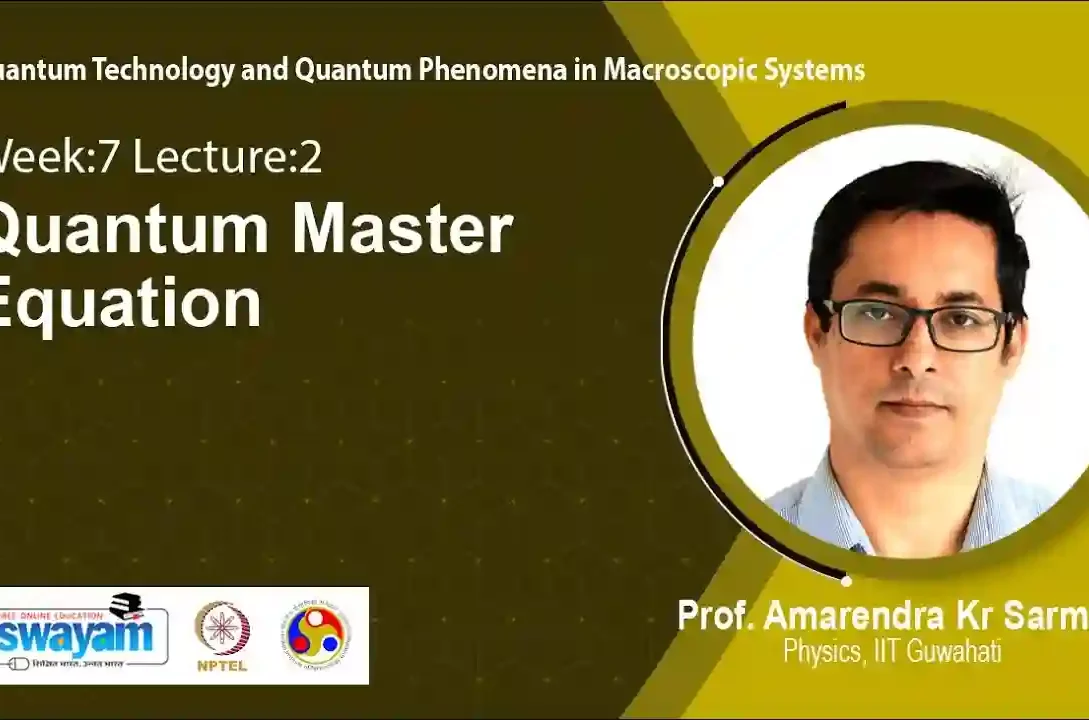In the realm of mathematics, equations serve as the cornerstone of problem-solving. From elementary algebra to advanced calculus, mastering the art of efficiently solving equations is a skill that empowers students, professionals, and enthusiasts alike. This article delves into the strategies and techniques that contribute to “Equation Mastery,” providing a roadmap for efficient problem-solving and unlocking the secrets embedded within mathematical expressions.
Understanding the Importance of Equation Mastery:
Equations are the mathematical language through which relationships and solutions are expressed. Whether in academic pursuits or real-world applications, the ability to master equations is a fundamental skill that opens doors to a deeper understanding of mathematical concepts. Equation Mastery not only streamlines problem-solving but also builds a solid foundation for tackling more complex mathematical challenges.
Strategic Approach to Equation Solving:
Equation Mastery begins with adopting a strategic approach to problem-solving. Rather than relying on rote memorization, students and learners should focus on understanding the underlying principles and patterns within different types of equations. Recognizing the common structures and strategies for solving equations lays the groundwork for efficient problem-solving.
Categorizing Equation Types:
One key strategy for Equation Mastery is the categorization of equation types. Equations can be linear, quadratic, polynomial, exponential, or logarithmic, each requiring a unique set of solving techniques. By categorizing equations based on their type, learners can apply specialized methods tailored to the specific characteristics of each equation, leading to more efficient problem-solving.
Mastering Algebraic Fundamentals:
Algebra serves as the foundation for equation-solving. Equation Mastery requires a solid understanding of algebraic fundamentals such as simplifying expressions, factoring, and manipulating equations. Proficiency in these fundamental skills provides a toolkit that empowers individuals to approach equations with confidence and efficiency.
Utilizing Graphical Representations:
Visualizing equations through graphical representations is a powerful strategy for Equation Mastery. Graphs provide insights into the behavior of equations, aiding in the identification of solutions, intersections, and key points. Utilizing graphical tools not only enhances understanding but also facilitates a more intuitive and efficient approach to solving equations.
Systematic Problem-Solving Techniques:
Equation Mastery involves adopting systematic problem-solving techniques. This includes organizing information, identifying variables, and breaking down complex equations into manageable steps. By approaching problems systematically, individuals can navigate through equations with a clear and organized mindset, reducing the likelihood of errors and streamlining the solving process.
Employing Technology as a Resource:
In the contemporary era, technology plays a crucial role in Equation Mastery. Utilizing computational tools, graphing calculators, and equation-solving software can significantly enhance efficiency. These tools not only provide quick solutions but also serve as valuable learning aids, offering insights into the step-by-step process of solving equations.
Practice and Repetition:
Equation Mastery is a skill that is honed through practice and repetition. Solving a variety of equations regularly helps reinforce techniques, build confidence, and improve problem-solving speed. Consistent practice allows individuals to internalize strategies, making them second nature when faced with new and challenging equations.
Real-World Application of Equations:
Equation Mastery extends beyond the classroom into real-world applications. Recognizing the practical significance of equations in fields such as physics, engineering, economics, and more enhances motivation and engagement. Viewing equations as powerful tools for solving real-world problems adds a practical dimension to Equation Mastery.
Seeking Additional Resources and Support:
Equation Mastery is an ongoing journey, and seeking additional resources and support can accelerate the learning process. Textbooks, online tutorials, and engaging with peers or mentors can provide valuable insights and alternative perspectives. Collaborative learning environments foster a sense of community and shared knowledge, enriching the Equation Mastery experience.
Building Confidence through Small Wins:
Equation Mastery is not an all-or-nothing endeavor. Celebrating small wins and incremental progress builds confidence. Tackling a range of equations, starting with simpler ones and gradually progressing to more complex challenges, allows learners to build a solid foundation and gain confidence in their problem-solving abilities.
Reflecting on Problem-Solving Strategies:
Equation Mastery involves continuous improvement through reflection. After solving equations, individuals should take the time to reflect on the strategies employed, identify areas for improvement, and consider alternative approaches. This reflective practice fosters a deeper understanding of equations and enhances problem-solving efficiency over time.
Embracing a Growth Mindset:
Equation Mastery is not about innate talent; it’s about developing a growth mindset. Embracing the belief that abilities can be cultivated through effort and learning from mistakes is pivotal. Individuals with a growth mindset are more likely to persevere through challenges, view setbacks as opportunities for growth, and ultimately achieve Equation Mastery.
Conclusion:
“Equation Mastery: Strategies for Efficient Problem Solving” encapsulates the journey of transforming equations from daunting challenges to conquerable puzzles. Through a strategic approach, mastery of algebraic fundamentals, utilization of graphical representations, systematic problem-solving techniques, and the integration of technology, individuals can unlock the secrets embedded within equations. Equation Mastery is not a static achievement but a dynamic process that involves continuous learning, practice, and reflection. By embracing these strategies, learners can navigate the world of equations with efficiency, confidence, and a deeper appreciation for the beauty of mathematical problem-solving. Equipped with these tools, individuals embark on a journey that extends beyond academic endeavors, empowering them to apply their Equation Mastery in various real-world scenarios.














